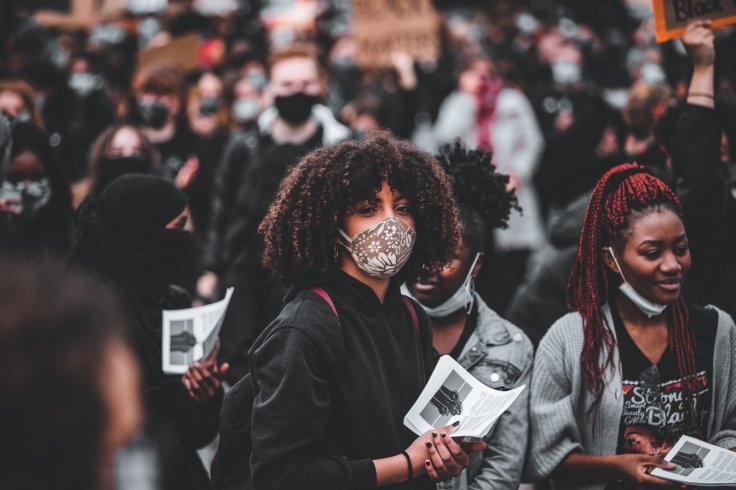Currently known as B.1.1.529, the discovery of the new Covid-19 variant has pushed up gradually receding fears over the pandemic. First identified in South Africa's Pretoria, this variant has over 50 mutations and is spreading quickly, without sparing fully vaccinated people. The World Health Organization (WHO) has scheduled a meeting on Friday to assess the new threat.
What We Know So Far
The variant is said to have around 32 mutations in spike protein alone – this is the part that vaccines use to prime the immune system against Covid-19. The B.1.1.529 variant also has a "very unusual constellation" of mutations that could help the body evade the immune response and make it more transmissible. This revelation has raised serious concerns because the vaccines, which were designed using the original form, may not be as effective as this variant is being said to be radically different from the first one discovered in China's Wuhan. Although the variant's origin is still being speculated, it may have evolved from a single patient.

The Beginning
The first surge in South Africa appeared to be cluster outbreaks from student gatherings at universities around the Tshwane metropolitan area and has infected over 100 people in the country so far, with four more cases in Bostawa. Two more cases have been detected in Hong Kong, where vaccinated travelers from South Africa were isolated in separate rooms. After analysis, the samples returned had "very high" viral loads. Meanwhile, Israel confirmed its first case of infection by the B.1.1.529 variant. The person infected was a traveler returning from the African country of Malawi. However, out of all the cases, only 59 have been confirmed so far, according to BBC.
Precautions
Over six countries namely South Africa, Namibia, Zimbabwe, Botswana, Lesotho, and Eswatini have been added to the red list, as a precautionary measure to stop the spread of the 'worst variant' so far. Although a lot will depend on the WHO's decision after a combined assessment of the variant during the meeting today, countries have already started imposing bans and restrictions on travel, besides implementing rigorous testing and screening.









